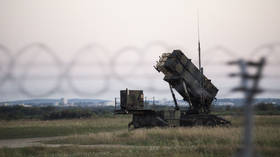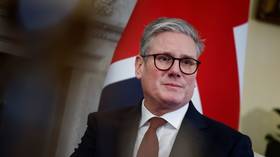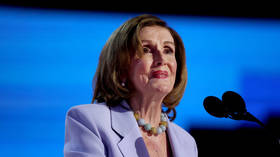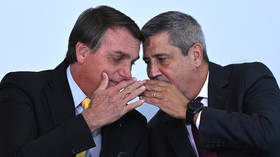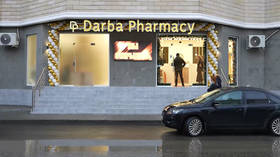EU admits it found no Russian ‘election meddling’
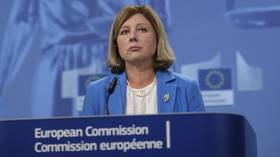
Brussels did not record any serious cases of interference in the June 2024 European Parliament elections, EU commissioner Vera Jourova has admitted. The bloc has previously made claims of Russian meddling and threatened Moscow with sanctions.
In May, the EU parliament denounced Russia as “the main origin of foreign interference and disinformation” in the bloc, and called for more sanctions and tighter censorship. As the European Commission vice president for ‘values and transparency’, Jourova was charged with safeguarding the vote from alleged external meddling.
“Based on currently available information, no major information interference operation capable of disrupting the elections was recorded,” Jourova said in an October 10 report on the election. She repeated that finding on Tuesday, speaking to reporters after a General Affairs Council meeting in Luxembourg.
The Czech politician qualified her statement by claiming that “Kremlin propaganda and other malicious actors” still threaten the bloc through the use of “disinformation,” AI, and cyber-attacks.
According to Jourova, EU ‘fact-checkers’ claimed to have seen a surge of disinformation around two weeks before the vote. In addition to claiming the elections were rigged, the stories dealt with “topics that trigger a strong emotional impact – the war in Ukraine and the Middle East, false narratives on climate change, and migrants.”
Jourova accused Russia of being behind the ‘Doppelganger’ network of fake websites impersonating “legitimate media” and using social media bots. The alleged meddlers used AI to spellcheck their texts and generate fake comments under their articles, she claimed.
For all the warnings about AI, however, the NGOs tasked with flagging alleged violations reported just 130 cases of “unlabeled” artificially generated content, mostly ‘cheap fakes’ and ‘shallow fakes’ that did not amount to a “big bang” that could put the election results in question.
Jourova’s report comes just days after EU foreign policy head Josep Borrell put forth a new framework for sanctions against Russia, accusing Moscow of “fake news, election destabilization and cyber warfare,” supposedly with the intent to “undermine the values, security, independence and integrity of the EU and its member states.”
Borrell accused Russia of a “hybrid campaign” to “divide our society, destabilize and weaken the EU,” and undermine support for Ukraine.
Moscow has denied accusations of election meddling, saying it has no interest in the internal affairs of the EU.



